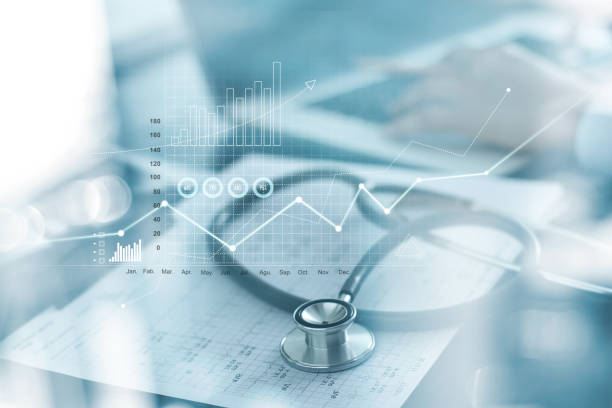The Importance of Health Literacy in Today's World
Health literacy encompasses the ability to obtain, process, and understand basic health information needed to make appropriate health decisions. In our information-rich society, developing strong health literacy skills is more important than ever. Patients with higher health literacy levels tend to have better health outcomes, lower healthcare costs, and greater satisfaction with their care.
Effective health communication involves understanding medical terminology, interpreting test results, navigating insurance systems, and evaluating the credibility of health information sources. Healthcare providers play a crucial role in improving health literacy by using clear, jargon-free language and providing educational resources that empower patients to take active roles in their healthcare decisions.
The digital age has brought both opportunities and challenges for health literacy. While online resources provide unprecedented access to health information, they also present risks of misinformation and overwhelming complexity. Learning to distinguish between reliable, peer-reviewed sources and questionable health claims is a vital skill for modern healthcare consumers.



